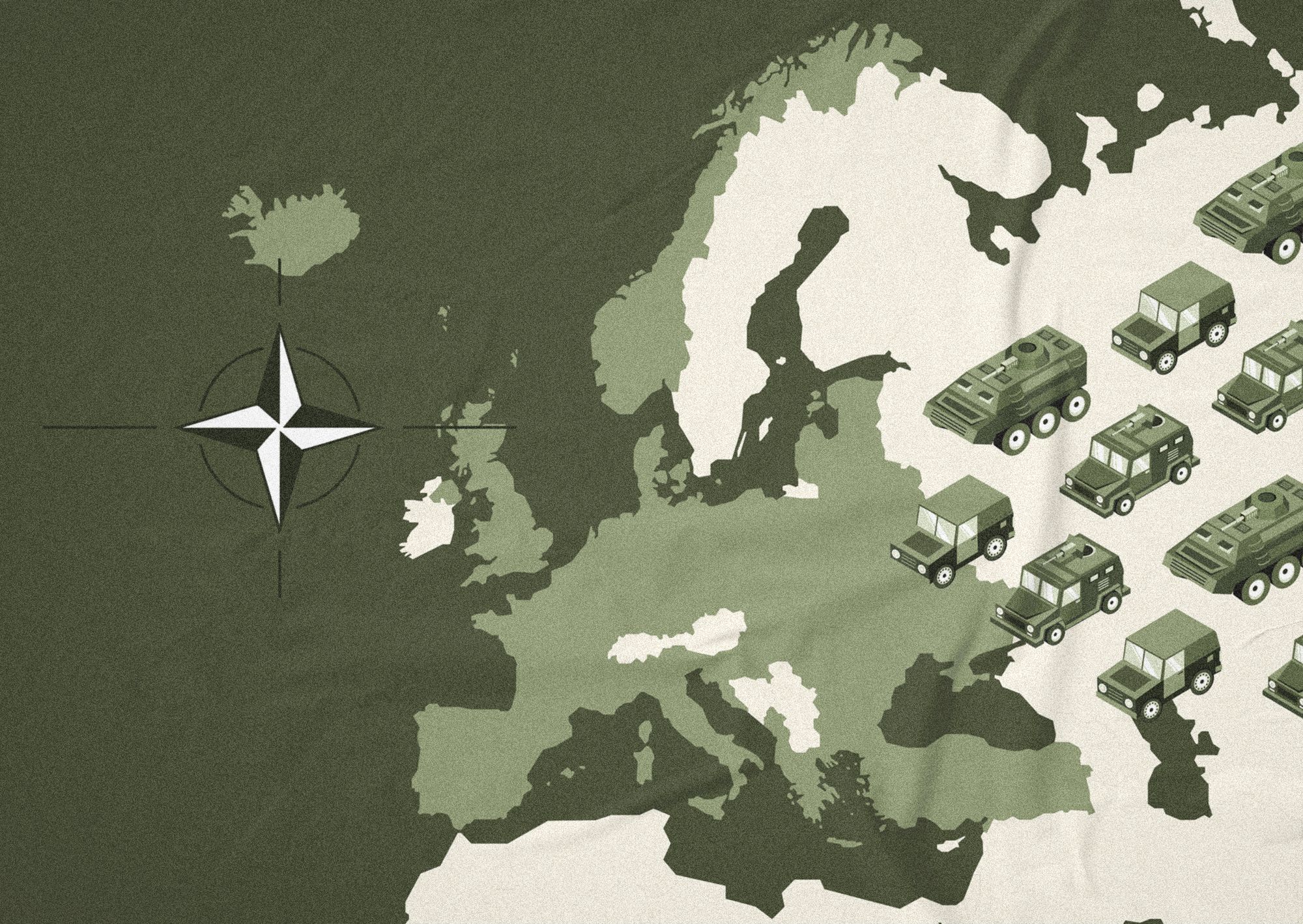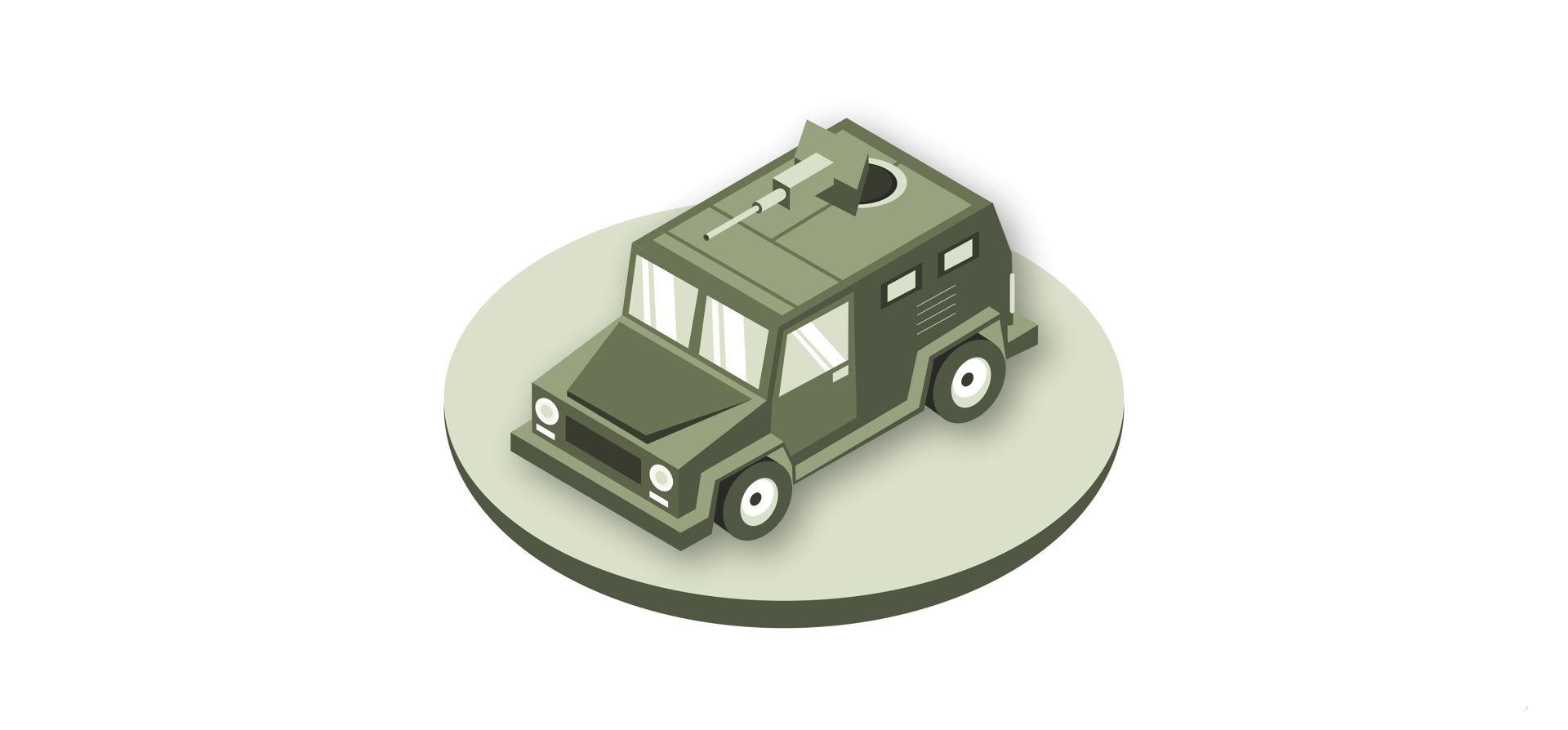We asked Janne H. Matláry, professor and strategic expert at the University of Oslo, about Europe’s security situation, the strategic tandem of the UK and France, NATO’s current status, and its greatest challenge.
We can say that until the collapse of the Soviet Union we lived in a bipolar world, followed by a unipolar world for a few decades. But today social scientists are predicting the rise of a multipolar world. How do you see the situation from Norway?
Today, we can once again talk about a bipolar world, with China and the United States of America in control. There is potential in Europe, but in our current bipolar setup there are more regional power centers and force fields. The US is losing ground because of identity politics and social challenges, while China is gaining strength, and although this does not mean that they are equal, they are dominant.
Where, in this picture, does Europe, and within it, the European Union, fit in?
This question brings up several problems. There is power and potential in Europe, but it is not to be found in the integrated institutions of the European Union, but rather in the capitals of nation-states. There are two countries in the European Union that have traditionally built their power on a military basis, France and the United Kingdom. Germany, although it has the money to take the lead, refuses to do so, and that is the tragedy of Europe. Germany should use its resources to play a greater role in the life of the continent. The UK, meanwhile, has left the EU and is confronting France on fisheries and other economic and military issues. The harmony between the continent’s two leading strategic and military powers has been disrupted, and this needs to be restored as soon as possible because, at the end of the day, London and Paris will be the players with a military and strategic tradition alongside the US. The Germans will play no part in these processes.
What is the reason behind the German passivity?
After the Second World War, all military and strategic culture and heritage were destroyed. They tried twice, they lost twice—they do not want confrontation and have created an anti-militarist society.
To what extent can this pacifist approach undermine the EU’s common defense and military strategy? The question of an EU army, for example, is often raised, but no tangible results have been achieved to date.
In 2010 I wrote a book on this subject, the gist of which is that the EU cannot form a common military and strategic base because it is divided by too many interests. And the UK’s withdrawal has taken one of the most important players out of the equation. A decade ago, the EU Battlegroups were Franco-British initiatives, but now only Paris and the German passivity remain. France should do everything, but that is impossible. The European Union will not have a common military strategy until there is a very strong common national incentive. After all, with US support, this is not a pressing problem. However, the pressing problem may come soon, and if there is a huge external threat to the EU, a defensive reaction to it could bring closer cooperation.

Yes, but the Central European region has always been open to these French initiatives and to further military and strategic cooperation. Would a French-V4 tandem be the future engine of European military strategy?
The European Union cannot be the US’s protégé, but should rather strive for partnership. The EU needs a strategic identity and it is particularly important to be aware of the regional situation. The Polish-Belarusian incidents, the crisis in Ukraine are all European problems. When Crimea was annexed, the US was in control, but now that has changed, it is as if the continent is coming to its senses, as for example, the allied EU Member States have been supporting Poland in the border crisis over the last month. There is a political turnaround underway, which is developing in parallel with the challenges the EU is facing, but the strategic narrative that is emerging from this needs to treat the US as a partner. It is also important to note that there will never be a pan-European unity, but rather a coalition of the willing and the able. As French politics says: we can work with anyone who shares our interests, can take risks and has the military capability. And the Visegrad Cooperation is strong because it is pro-NATO, as are Denmark and the Baltic states. The V4 plays a very important role not only in the EU but also in regional coalitions and larger alliance systems.
Are NATO and an EU military cooperation mutually supportive or in competition?
The European Union should completely forget the idea that it can play any military role, as it has no strategic base and no interests. Battlegroups have never been used because there is no political will. Whatever happens in the future, it is not the EU as an entity that will matter in a military and strategic decision situation, but the cooperation and interests of nation-state capitals.
Does integration not work in this case?
Every soldier serves under the flag of a nation. There is no international army, certainly no international command at EU level.
Let’s return to NATO. In 1991, many saw NATO as having lost its essence with the collapse of the Soviet Union. What is the current role of the alliance?
NATO will always exist, and Article 5 is the best guarantee of that. All NATO members want security guarantees, and it would be madness to quit the alliance. The strength of Article 5 has a deterrent effect, the chances of a military conflict involving a NATO member are very small. However, in reality, challenges are changing, as attacks on the Member States bypass Article 5: look at the incidents on the Polish border. These are not handled by NATO, but by the Polish government and its allies. NATO is stable because of Article 5, but future challenges will break the peace in hybrid forms, thus today the Alliance is more of a platform for certain coalitions of countries. Countries are co-operating and developing under the NATO umbrella.
What is NATO’s biggest challenge from a global perspective?
The United States plays a leading role in many alliances, so if you look at the situation from Washington, you see but a dozen of cooperation. Although NATO is the only formal, multi-member alliance with an Article 5, it could lose its priority. As its name suggests, it is Euro-Atlantic. From this, it follows clearly that Europe must also do something for the alliance. NATO’s biggest challenge is to remain relevant to the US. As Lord Ismay’s old saying goes: “NATO’s aim is to keep the Russians out, the Germans down and the Americans in“. The Germans do this on their own, the Russians are out, but Europe has to keep the Americans in.
Hungary and Poland have recently presented a complex military strategy, and military budgets in the region are steadily increasing, although they are still far from the required two percent of GDP. Is this money enough for good relations with Washington, or do we need a deeper political will?
The region is in a special situation, as the Baltic states, Poland and Romania are very pro-NATO and pro-EU, Hungary is open to the East, and the relationship between the Czechs and Moscow has recently deteriorated. The key is for the V4 to form a strong bloc, and although the Americans will always say, you are not doing enough, you have to work on good relations. In Europe, only the British and the French seem to take strategic planning seriously, and it would be quite radical to withdraw US troops from Europe as a lesson.
Janne Haaland Matláry is a Norwegian political scientist, writer and politician. Professor at the University of Oslo and State Secretary at the Norwegian Ministry of Foreign Affairs between 1997-2000. Her fields of expertise are international politics, defense policy, military policy and strategic planning.
Janne H. Matláry came to Budapest at the invitation and event of Mathias Corvinus Collegium.
Cover and map: Réka Pisla | Hype&Hyper

HIGHLIGHTS | That's how we survive the frosty days

It’s good if it’s weird: the era of playful pottery—Interview with Malwina Konopacka










